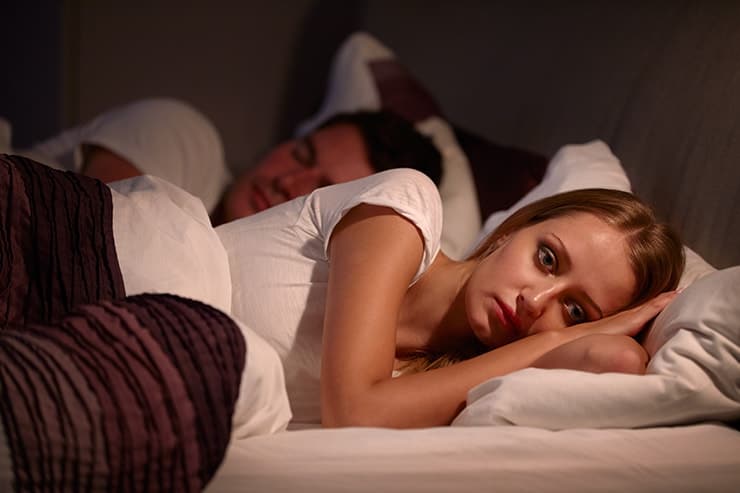Most discussions of sleep apnoea are primarily centered around men — a slant that is rooted in statistics, considering that twice as many men suffer from obstructive sleep apnoea as women. But while it’s true that men are more likely to experience sleep apnoea, this fact can prevent women from getting diagnosed. And without diagnosis, women with sleep apnoea can’t get the treatment they need.
Sleep apnoea is more serious than just snoring. In fact, studies show that people with severe untreated sleep apnoea may be up to three times more likely to die prematurely than those without it. That’s why it’s so important that men and women both be part of the conversation around how sleep apnoea is diagnosed, researched, and treated.

Women’s Brains Respond to Sleep Apnoea Differently
A new study from researchers from the UCLA School of Nursing has identified sex-linked differences in how sleep apnoea impacts the brain. In the study, the researchers analyzed brain scans and clinical records for men and women diagnosed with mild to severe sleep apnoea. What they found was striking: Women with sleep apnoea were more likely to experience thinning of the brain’s cerebral cortex, particularly in the superior frontal lobe, than men with sleep apnoea, or people without sleep apnoea.
The researchers believe this might help explain why women with sleep apnoea tend to suffer greater cognitive deficits than men with the disease. This cortical thinning may also impair the autonomic nervous system, which is the system responsible for involuntary bodily functions, like digestion, the heartbeat, and breathing.
Despite dialogue on the subject of sex-linked differences in sleep apnoea symptoms and impacts, there are very few studies into the actual distinctions between men and women’s experiences with sleep apnoea. This study is significant because it offers hard data to encourage more research and different approaches to treatment.
Step One to Sleep Apnoea Treatment is Diagnosis
If untreated, sleep apnoea can have deadly risks, regardless of the your gender. That’s why it’s so important that people who experience common symptoms of sleep apnoea, like snoring, daytime fatigue, and focus or memory problems, speak to their doctor and get a diagnosis, so they can begin to pursue treatment.
The standard treatment for obstructive sleep apnoea is CPAP, which stands for continuous positive airway pressure. This machine connects to a mask that the patient wears while they sleep, and prevents the airway from closing by creating air pressure in the throat. Unfortunately, many people find CPAP difficult to use consistently thanks to its many inconveniences. Side effects from insomnia to sore throat to nightmares can make some sleep apnoea patients seek other treatments.
For those patients, oral appliance therapy could be the answer. A dentist trained in oral appliance therapy, like Dr. Lee, can provide you with a custom-crafted oral appliance, somewhat like a mouth guard, that is worn during sleep. This oral appliance repositions the jaw to prevent the airway from closing. It’s effective at treating obstructive sleep apnoea, and many patients find it more comfortable than using a CPAP machine.
Do you want to learn more about how a dentist can treat sleep apnoea? Call (02) 9686 7375 or contact us online to make an appointment with Dr. Lee in Sydney.

